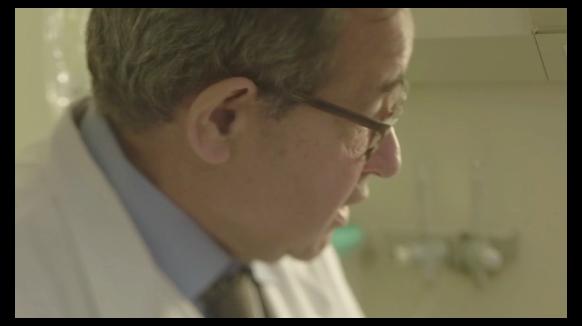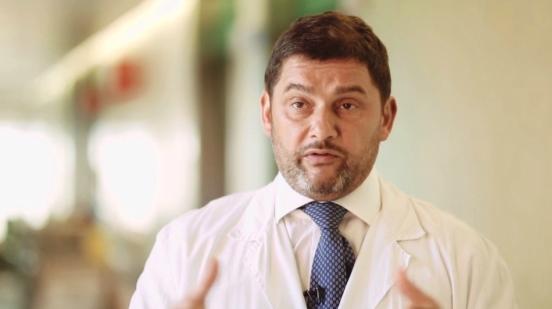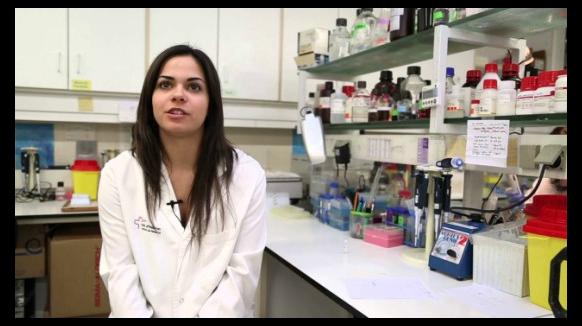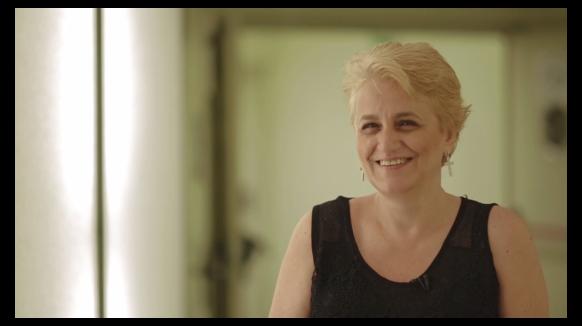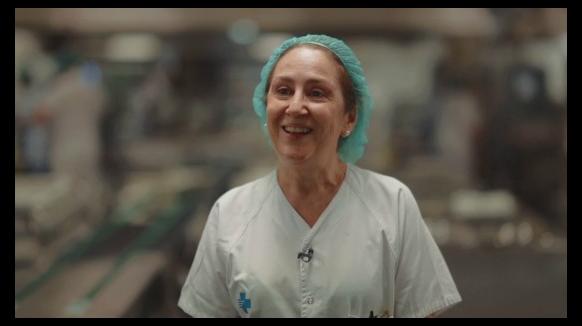Neuro-ophthalmology and Strabismus
This Section treats conditions affecting the optic nerve and Strabismus, a loss of ocular alignment.
Description
Neuro-ophthalmology
This Section treats conditions affecting the optic nerve, whether secondary to intracranial hypertension, inflammatory/demyelinating, ischemic, infiltration-related (such as sarcoidosis), compressive, autoimmune, due to nutritional/toxic deficits, paraneoplastic or genetic, those affecting the visual field due to involvement of the visual pathway, whether cranial tumours, stroke, traffic accidents, infections (meningitis, encephalitis…) and those affecting pupil shape, size or reactivity.
In short, all those systemic or neurological entities that can cause visual dysfunction.
It is a multidisciplinary sub-specialty in which we collaborate with other hospital services, such as Internal Medicine, Neurosurgery or Neurology. We work particularly closely with the Neurology department of the Multiple Sclerosis Centre of Catalonia (Cemcat).
Strabismus in adults
Strabismus is a loss of ocular alignment.
In our Department, we offer treatment by means of glasses, with or without prism, botulinum toxin or surgery of the extraocular muscles.
We treat strabismus in patients who have presented it since childhood (whether they have been treated previously or not), as well as in patients who present it in an acute way due to paralysis, restrictions (severe myopia, thyroid pathology, orbital trauma, tumours), age-related strabismus (sagging eye) and sensory strabismus (secondary to visual deficit).
The main reason for treatment is diplopia (double vision), improving eye mobility or compensatory torticollis and also for aesthetic reasons.

